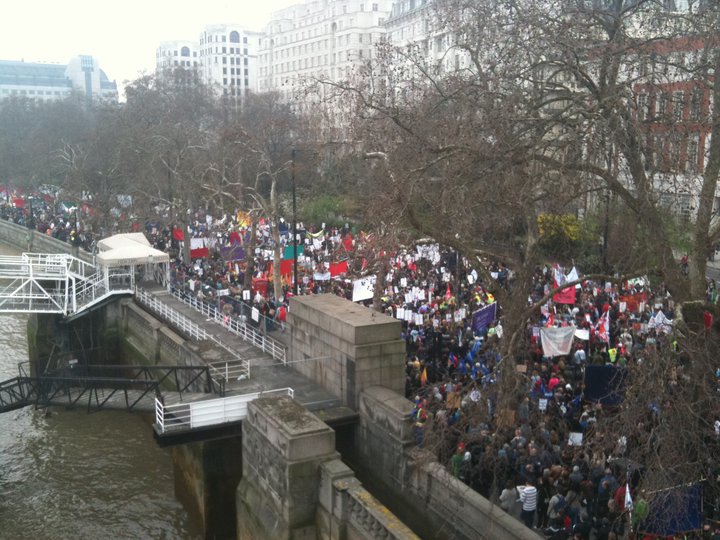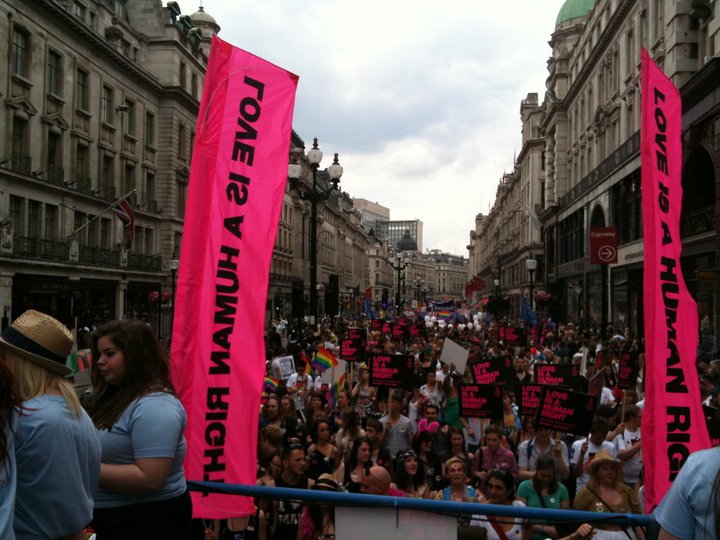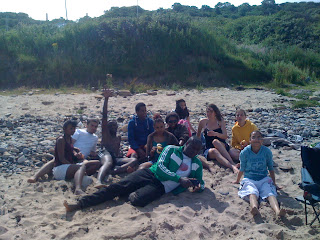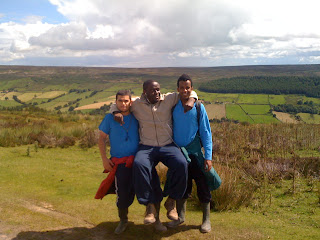It’s always going to be strange returning to an old place of work, more so returning after a 5 year break to the same office with the same chaos of shelved paper folders some of which spookily have my handwriting scrawled on the sides (probably untouched since I left). The same receptionist, cleaner, porter, administrator and catering staff. Uncanny familiarity, glimmers of recognition..same, same but different (more aged and jaded).
I rediscover my teaching skills lurking in a dusty corner of my brain and soon regain a rhythm in the forgotten mania of Further Education. Having previously taught English for Speakers of Other Languages, it is a shock to my sensibilities to teach Adult Literacy classes to students “mandated” to attend by “Jobcentre Plus”…as well as attempting to navigate the labyrinthine Kafkaesque bureaucracy born out of the Further Education meeting the welfare system.
I participate in a bizarre socio-economic experiment which angers and benefits our “clients” in equal numbers. At the end of the Summer I leave the laboratorial classroom unsure whether this system is a good thing or not. However, at the risk of sounding like an indignant Daily Mail editorial I can confidently bemoan the state of a nation; 21st Century Britain to be precise. Countless young people leaving secondary education with little literacy and numeracy skills to speak of! The weekly assessment sessions I conduct never fail to shock. Young people who left school from the age of 11 aside, I meet several young men who have “completed” their secondary education ‘til 16 and can only just write their names. This is the extreme of the spectrum, a group which includes many with dyslexia and learning difficulties. These difficulties have not been successfully supported through years of schooling and although beneficial the college 12 week courses can only touch the surface
As a consequence of this mass failure of schools the government ploughs millions into remedial education for adults. This could perhaps be avoided if intensive literacy support were provided for all children who struggle and consistent assessment support provided for children with dyslexia. Short term economizing by governments brings later economic and social costs.
The assessment sessions provide an opportunity to meet many interesting characters with curious responses to my questions. I ask one chap if he has been to college before, “no” he responds (with no irony) “ but I’ve been to prison”, not necessarily the obvious response. I try to focus on education and not get drawn into complicated life/ health/ family/ addiction/ criminal stories. This is challenging when planning teaching themes. I thought “holidays” was a safe topic and more engaging than tedious work related classes but several students had never been on holiday and looked at me like I was a fool.
Acutely aware of the danger of stereotyping I will provide an insight into the range of students who attend these courses. Unemployed immigrant care workers whose work has ceased due to their poor literacy skills and the changing requirements of the profession. Middle aged men, humiliated at their jobless position and being required to attend courses after working all their lives in steady jobs, victims of the recession, taxi drivers, mechanics and construction workers. I’ve got by until now without reading so why do I need to do it now? It’s a fair point and I am at times uncomfortable at my own fudge in promoting a basic skills class to them, waffle about the changing job market. However often these responses are defensive and once these blokes settle into a group they respond, learn, gain confidence and enjoy the process.
Youths, disengaged from society. One quarter of young people are unemployed and I engage in the barmy task of helping those with no experience make CVs to compete in a harsh jobmarket. The resulting alienation is unsurprising.
Women in their early twenties who behave like they’re thirteen, glued to mobile devices, watching Jeremy Kyle streaming and screeching at me, on one occasion: “how much do they pay you? Cos I could do a better job, this is boring as shite!”
Immigrants who have melted into the pot, often with no education or literacy in any language, Congolese, Pakistani, Kurdish, picking up spoken English along the way, who have reached a wall in the current harsh job climate.
Men angry at the world, angry at the Jobcentre, angry at me: “NO YOU DON’T UNDERSTAND!” (and I don’t)…the most challenging, but when they soften and respond it is satisfying.
Nervous people who are not used to leaving the house but come to enjoy the routine and treat it as the focus of their week. Couples who bring packed lunches and bicker in class. Inebriated women who spend the morning class raucous and the afternoon moody and hungover.
The socialization together of these motley groups is fascinating with diverse people merging and forming unlikely bonds. Bonds grow and crowd mentalities form with classes quickly shifting en masse from a positive buoyance to resentment at the teacher. I am bamboozled by excuses for non attendance at classes which surprisingly often involve dogs.. “I were knocked over by a cocker spaniel”… “mi pitbull’s ‘avin’ puppies.”
A common vibe from new people is fear, their insecurity builds a shield which manifests itself in denial, rudeness and withdrawal. Cracking this veneer, engaging people and coercing cooperation is tough but ultimately rewarding when individuals relax, engage and learn. One fascinating group who are generally very quiet become enlivened in preparing and delivering presentations, I give the group free reign and the presentation topics are brilliantly creative: ‘Dragons and Demons’, ‘Sci-fi’, ‘Facebook’…
Job Interviews forms an amusing class topic with intriguing stories. “I got sacked from mi last job in a pot noodle factory cos I twatted a lass”….“when I have an interview, I phone up and see if it’ll be a man interviewing and put on low cut top, works every time!”
To get through to an interview nowadays requires literacy skills and tackling the digital barrier of our age. I counsel distressed adults who are struggling to find work and facing reprimands from the welfare system to complete their little job books but are unable to use a computer let alone the internet. This is compounded by poor literacy. Even those who are able to read struggle with locating the relevant information and navigating monolithic websites to locate work and apply. I am bombarded with requests for help to create email accounts. Patience is required to set up such accounts anyway negotiating tricky security systems and frustrating CAPTCHA texts! (those annoying illegible security texts).
After an interesting ramble back into FE for the Summer I am weary and happily returning to an office job…..





























